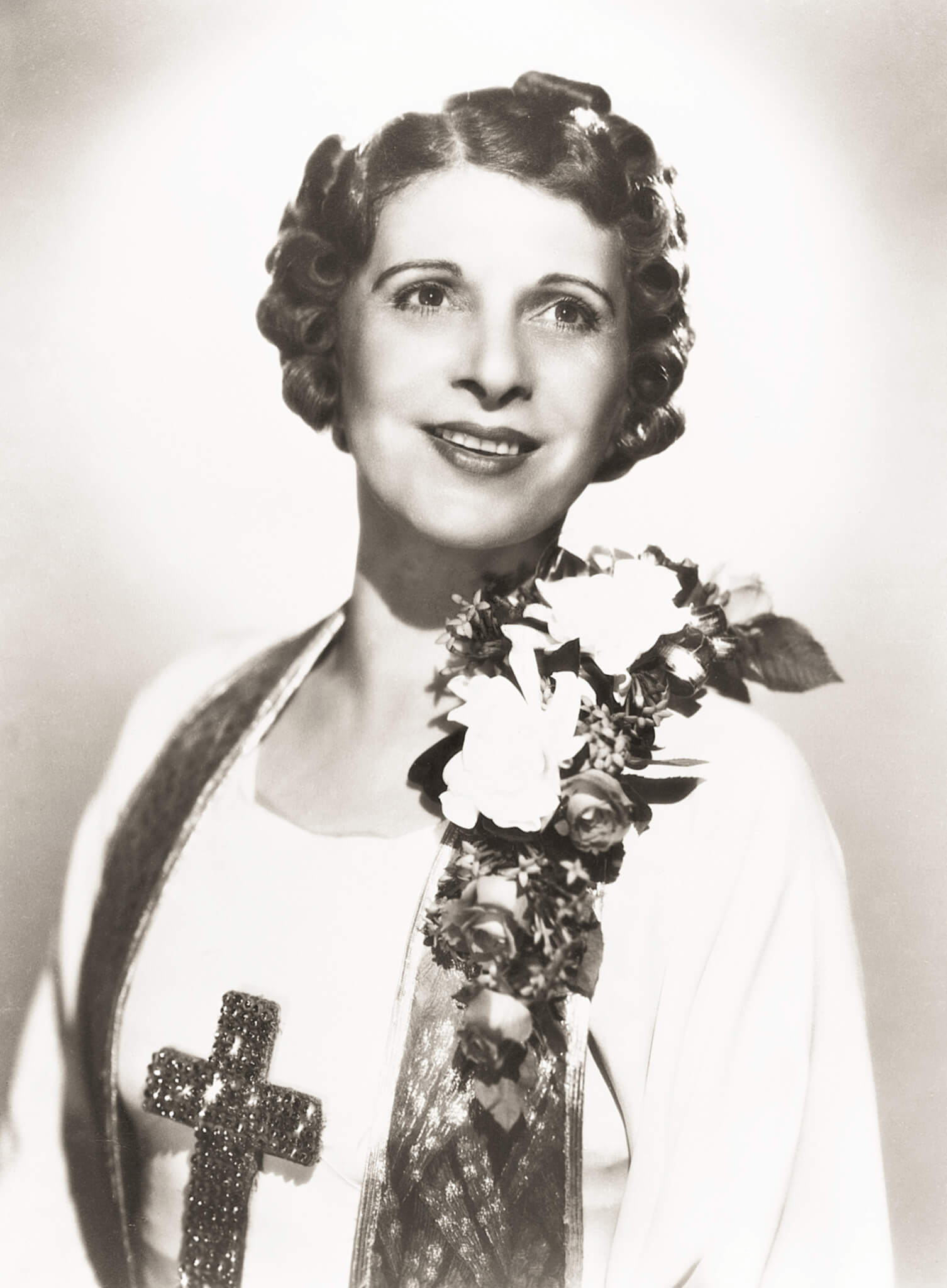| Posted January 23, 2021 | By Leanne Dzubinski & Anneke Stasson | Categorized under Missiology and Media |
On January 20, 2021, history was made in the United States as Kamala Harris was sworn in as Vice-President, the first woman, and woman of color, to hold this high office. Vice-President Harris has been clear that she did not achieve this position on her own; her grandmother, mother, aunt, sister, and niece are part of her story. So are her husband and her stepson and stepdaughter. As is, of course, President Biden who selected her as his running mate. As she takes up her new responsibilities, they are there for her, encouraging and supporting and believing in her as they've always done.
Christian women also need other women and men to encourage and support us as we take up our responsibilities. And although women may only now be moving into top leadership in US politics, the Christian church has a different history. Women have been central to the mission of the church from the start. Women disciples followed Jesus and supported him financially. Women built and led monastic communities. Women raised and educated their children in the faith. Women left home to preach and evangelize and teach and heal as missionaries. Yet today, their stories are not widely known or told. We wrote this book so that today's Christian women and men could know those stories, and know about the vast array of women who have preceded us and who serve as encouragement and role models for us.
Our experience suggests that women are starved for these kinds of stories. So much history has been written purely from men's perspective that women may think they don't really matter. When Leanne started giving presentations about women throughout Christian history, the most common question was "Where's the book?" Women wanted to read these stories for themselves. Women who read drafts of the book as we were writing it called it balm for the soul and food for starving people. One was even angry that she'd been deceived because she never knew how much women have contributed to the global church.

We had a lot of fun writing it, too. We learned about women we'd never heard of before. We learned to view some women in a whole new way, different from howmen had represented them to us. Aimee Semple McPherson is a good example. Leanne remembers hearing her characterized in seminary as "flighty," "hysterical," and a "floozy," while Anneke recalls hearing her characterized as sexually immoral. Part of the characterization seems to have developed because Aimee was married three times. Digging into her story, we learned that her first husband died while they were on the mission field. Her second divorced her because she wouldn't abandon her call to ministry. At that point she decided never to marry again. But her third husband swept her off her feet and persuaded her to elope and get married. Two days later he was sued by another woman for breach of promise, and he lost! A little later he too divorced Aimee for the same reason as husband number two. Yet despite all these personal tragedies, Aimee developed an incredible ministry that reached thousands of people in Los Angeles. She developed dramatic sermons, embraced racial equality in her church, and fed more people during the Depression than the City of Los Angeles did. She even pioneered Christian radio.
Aimee also encountered powerful men who tried to hinder her ministry. H.L. Mencken, a well-known journalist of her day, was not at all a fan of the church. Yet he wrote favorably about Aimee. He said that local clergy were jealous of her because she had so many converts, and that political leaders were mad because she supported Prohibition. Both sets of men tried to discredit her, but God just continued blessing her ministry.
Reading the story of how Aimee persevered and how God blessed her work might really encourage women and men today who've encountered personal or ministry obstacles. People who've experienced failed marriages may find her story redemptive. Women who've encountered obstacles in ministry may find her story sounds all too familiar. But that means we're not alone. She's an example of how women throughout history have turned constraints into assets-a theme we show repeatedly throughout the book. For example, Aimee turned her marriage experience into a way to talk about the church as the bride of Christ, a relationship far better than any human marriage. Her illustrated sermons allowed her to capitalize on her own natural dramatic flair. These sermons were appealing to the people of Los Angeles who were used to having Hollywood on their doorstep. And her church grew and became a denomination with more than 86,000 churches today.
It helps women to know that we're not alone. Other women have modeled the way, walked the path, maintained the faith, and can now be mentors and examples for us. They can surround and encourage us as we read their stories, just like Vice-President Harris's family members surround and encourage her in her new role. But that can't happen if we don't know the stories. So read our book! Think about assigning it in your class. Consider using it in a small group at church. And tell us what you think! ([email protected], [email protected]). May the Lord use you for his glory even as he used the women in this book.
Dzubinski, L. M., & Stasson, A. H. (2021). Women in the mission of the church: Their opportunities and obstacles throughout Christian history. Baker Academic.
http://bakerpublishinggroup.com/books/women-in-the-mission-of-the-church/393020